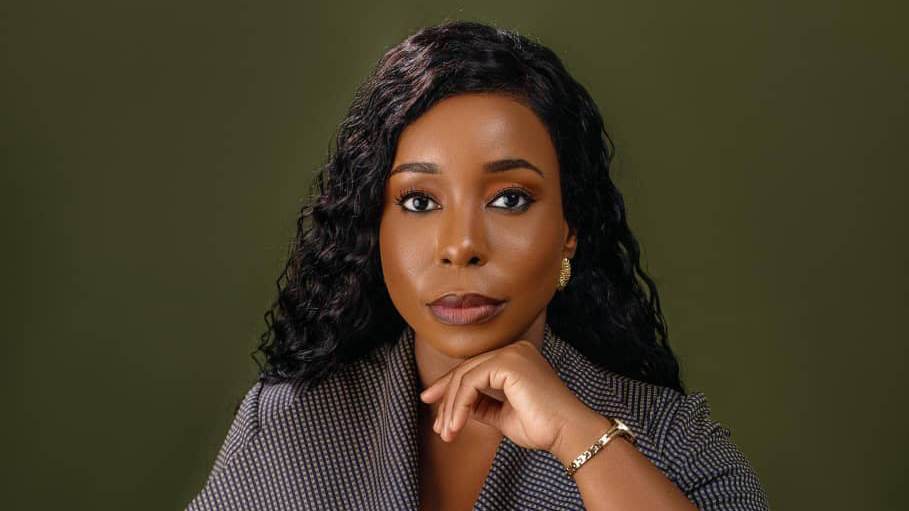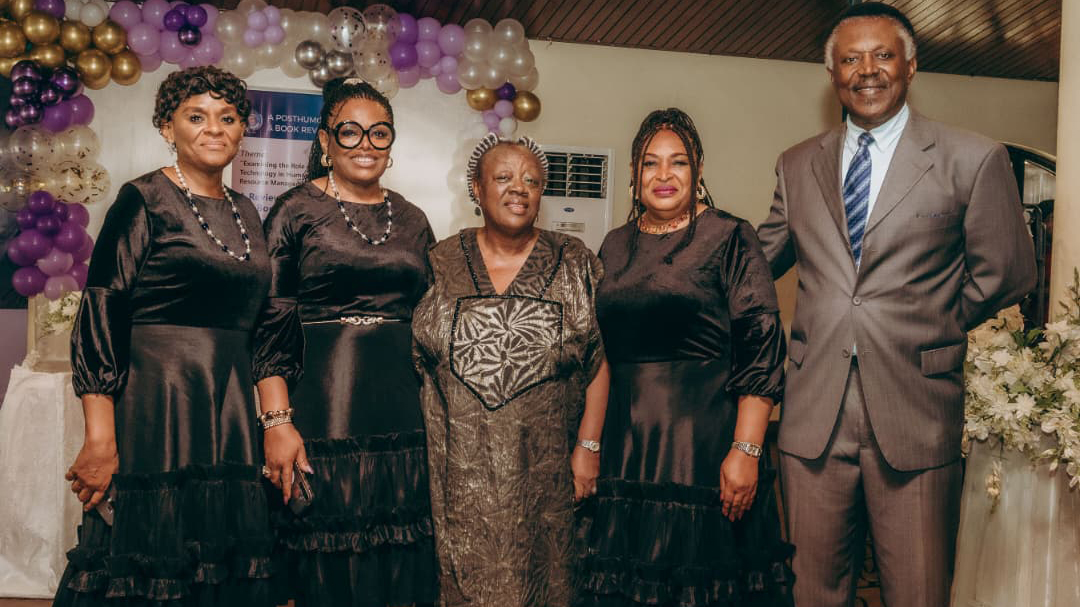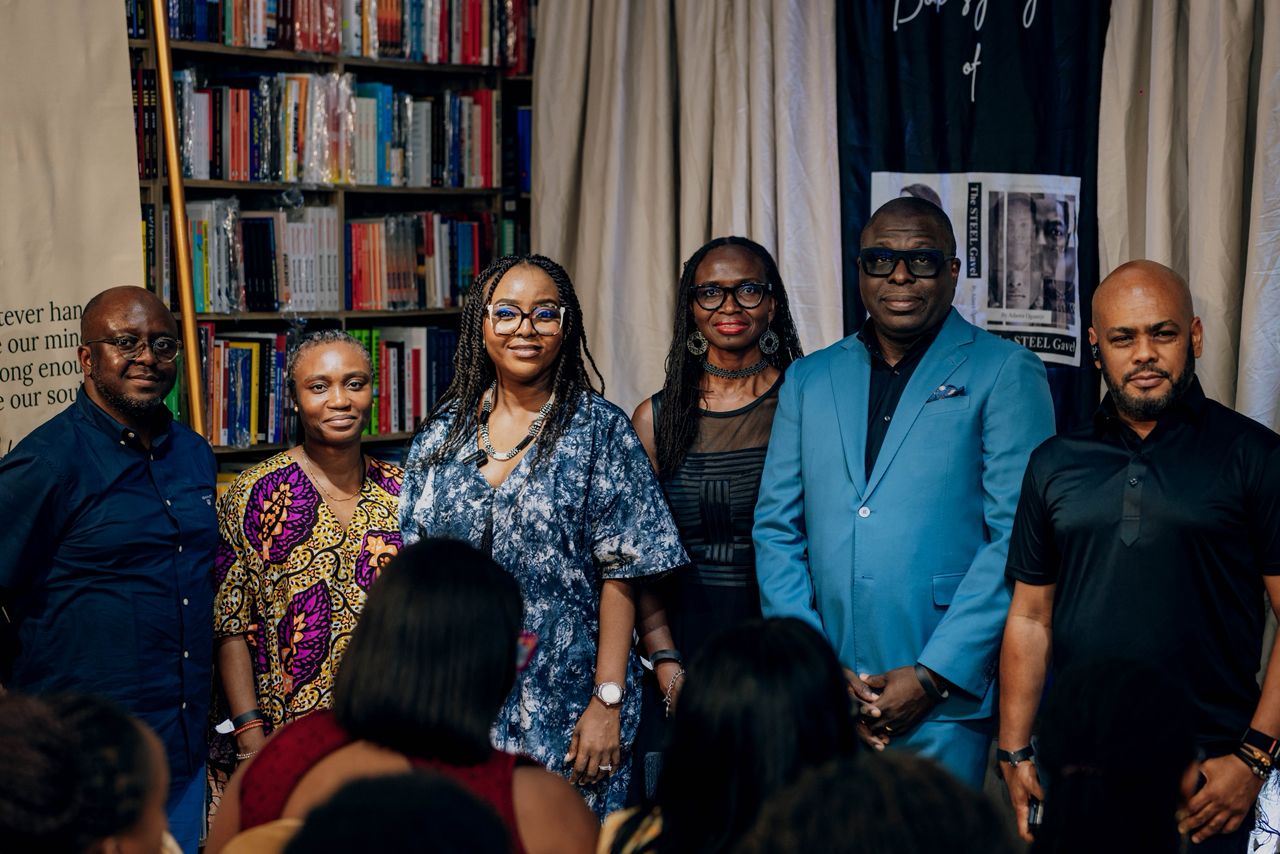ACCORDING to Prof. Tunji Olaopa, “the search for a Nigerian hero or heroine has remained one of the few significant planks in my understanding of the Nigerian national project.”
This search for heroes leads Benison Christopher to A Place Without Heroes, where she mirrors the society, and like Olaopa, and concludes that her fictional society is flawed and so producing heroes will be doubtful.
In the book, the author weaves together some of Nigeria’s challenges, and while interrogating the issues, she says it is not just fictional creations, but mirrors of known people.
In the collection of short stories, she brings to the fore pressing social issues in Nigeria, including economic hardship, heartbreak, lack of medical care and cultural biases, especially those against the female child.
She draws from personal experience, sharing how her childbirth ordeal inspired the story. The book also explores economic hardship, identity, heartbreak, and resilience through various characters, highlighting the need for real-life heroes in a flawed society.
She continues, “each character carries some version of that same hope. Ireti, in The Perfect Husband, relying on her spouse to shield her from harsh economic realities; Samuel Onoja, in Being with a Fat Girl, clinging to romantic relationships as a safety net; young Pastor Gbenga, in The Pastor and The Robber, looking to a scholarship, then an uncle, for salvation. There is an Oga Jimoh, in A Place Without Heroes, believing his boss and the police could save him; in The Weeds, Kofoworola looked to her husband to shield her from the collapse of their world; and in The Riverbank, Chiamaka trusted government doctors to rescue her during childbirth.”
According to her, “but, like me, they all discover a bitter truth: no one is coming! There are no idle heroes scanning the horizon for someone to save. To survive, the impacted must first find the courage within themselves – to become the heroes they once sought and turn pain into passion and purpose, or perish.”
She say this conviction – that people can and must raise themselves into heroism led to the creation of The Benison Christopher Company, a socially-conscious media enterprise that uses art to illuminate societal issues and respond with acts of kindness.
In the book, the author does tell stories of crusaders or religious saviours swooping in to fix everything; they are stories of ordinary people – often afraid, sometimes selfish, sometimes, remarkably brave – caught in extraordinary circumstances. They are not just fictional creations; they are mirrors of the people we know, and perhaps even of ourselves.
She says: “The question that haunted me while writing this book was: what happens to a society when the people who could save it decide it’s too costly to even try? I wrote A Place Without Heroes during a vulnerable season in my life – when I desperately wished someone would rescue me. I could almost see myself peering through a window, waiting for a hero to appear. That longing became the heartbeat of this collection.”
According to her, women in abusive situations need to be given all the support, adding that they carry disproportionate burdens, often without recognition.
Further encouraging the victims to strive for a better and more impactful life, she added, “I hope that they’re able to find themselves and become better for it and become really impactful as a result of the pain that they have gone through.”
She stresses: “My earnest hope is that A Place Without Heroes will provoke thought, inspire conversation, and spark the change we need to create heroes in a broken world. I am deeply grateful to my family members for their continuous support, to my friends for standing by me with constant encouragement, to my editor for sharpening my words without dulling their truth, and to every reader who has found a piece of themselves in my work. Now, I leave you with this: sometimes, the hero we’re waiting for may never come, and in that moment, we must discover the hero within ourselves. If the world seems to have fewer heroes, perhaps that is the challenge – for each of us to rise, first for ourselves, and then for the small corner of the world that needs us to be its hero. Thank you for being here today and for believing in the power of storytelling.”
The author quips, “in the United Kingdom, our goal is to sell our creative works to help support international students financially. We also hope that launching our stage plays across the country will help reduce the feelings of loneliness and isolation often experienced within Diaspora communities. In Nigeria, our immediate focus is on supporting women escaping abusive situations.”






